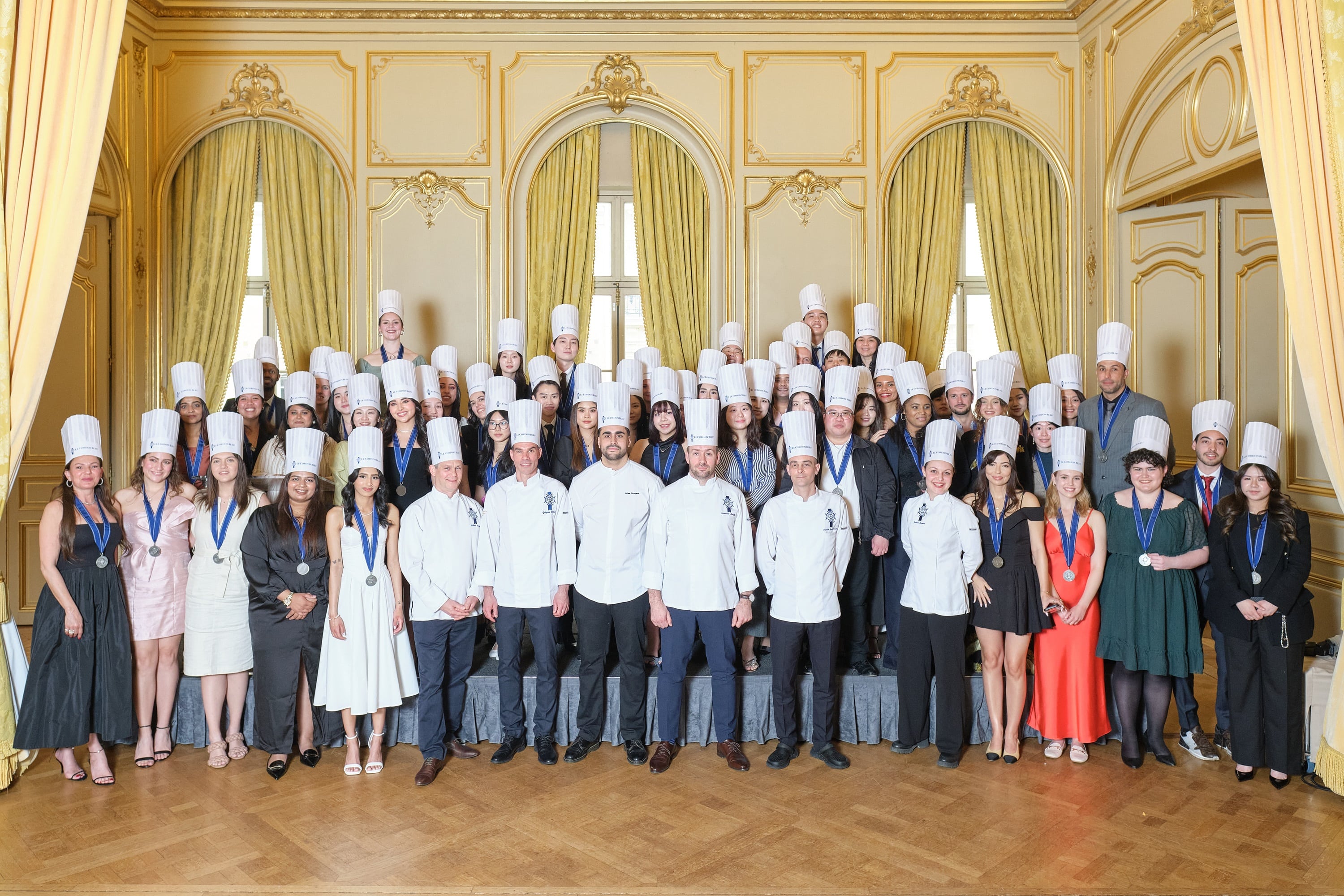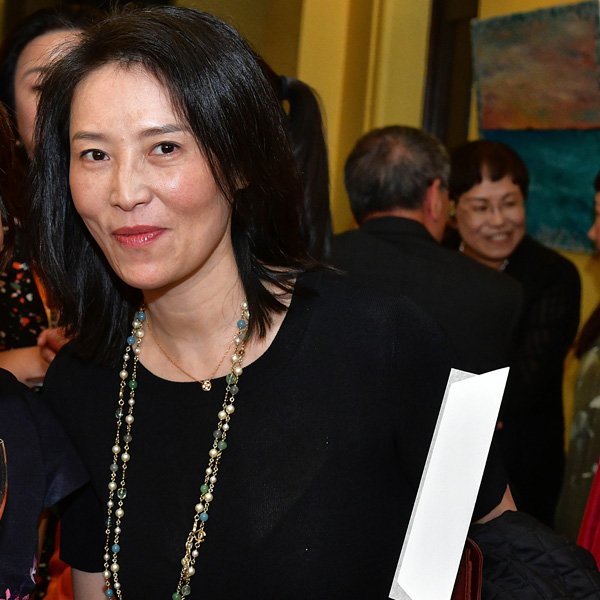
Graduation ceremony - Pastry and Bakery
The graduation ceremony for our pastry and bakery students took place on March 21. Congratulations to all graduates on their well-deserved success!
Le Cordon Bleu Advanced Studies in Gastronomy programme is a 2-week session that culminates with an assessment. The variety and relevance of the subjects covered demonstrates the extent to which the students have understood that taste and gastronomy are not solely related to the act of eating from a technical point of view. They have grasped that they are extremely complex phenomenon which bring into play the complexity of humans, their uniqueness, but also their history, lifestyle, social environment, beliefs, in short… their culture.
Their work is also a fitting tribute to the lecturers and researchers who taught them during the Advanced Studies in Gastronomy (HEG) programme.
Here are the 3 best theses for the 2017 Class :

By Nicolle Birta (Romania)
Abstract:
"At the beginning of the 20th century, Romania, “a Latin Island in a Slavic sea”, already had strong links with French culture and society. This was evident in several domains, such as architecture, music, art and literature. The country’s Latin heritage, the education of the modern and cosmopolitan population, and the impressive development of Romanian society led Bucharest, its capital, to be known as “Little Paris” around the globe, especially during the inter-war period.
To what extent can it be said that France also influenced gastronomy, how did it happen and what impact has it had on Romanian society? This is the question that this thesis aims to answer, as we embark on a historical and cultural journey from Paris to Little Paris, following the French trail in Romanian society and exploring the Franco-Romanian cultural link through taste, gastronomy and the art of fine dining."
By Rahayu Ningsih Hoed (Indonesia)
Abstract:
"This thesis tries to analyse Javanese life event ceremonies and the food served from the religious and social aspects. The dishes which provide a nourishing, varied and balanced diet are tasty, colourful and full of symbols which are used to communicate the meaning of the life cycle events and how to face them because Javanese people are discreet and not straightforward. In the tedhak siten or baby’s first step on earth ceremony, for example, the baby is led by his/her parents to step on different colours of jadah (steamed glutinous rice) to symbolize various obstacles that the baby may face in his/her life, but with the parents’ guidance and his/her own determination, he/she can overcome them. (…) People are more receptive to learning through food because food can evoke strong sensory, emotional and cognitive associations. Since the dishes served during the ceremonies are particular to them, they become identical with the events".


By Michelle Liu (China)
Abstract:
"Food takes an important hero in China as in other countries. Like language, cuisine is a live legacy which changes and renews itself by the movement of people, culture and goods. (…) China took part in the global trade over the centuries. Thus, culinary traditions have evolved as new food ingredients were discovered, and cooking utensils and techniques were created. (…) I wish to explore Chinese food cultures and its diversity by using macro approach in time and space. (…) Chinese cookery absorbed and borrowed many influences from foreign countries and ethnical foods and demonstrated its deep fusion through economical, cultural and culinary exchange in early ages".
Copyright © 2025 Le Cordon Bleu International B.V. All Rights Reserved.